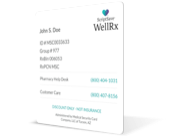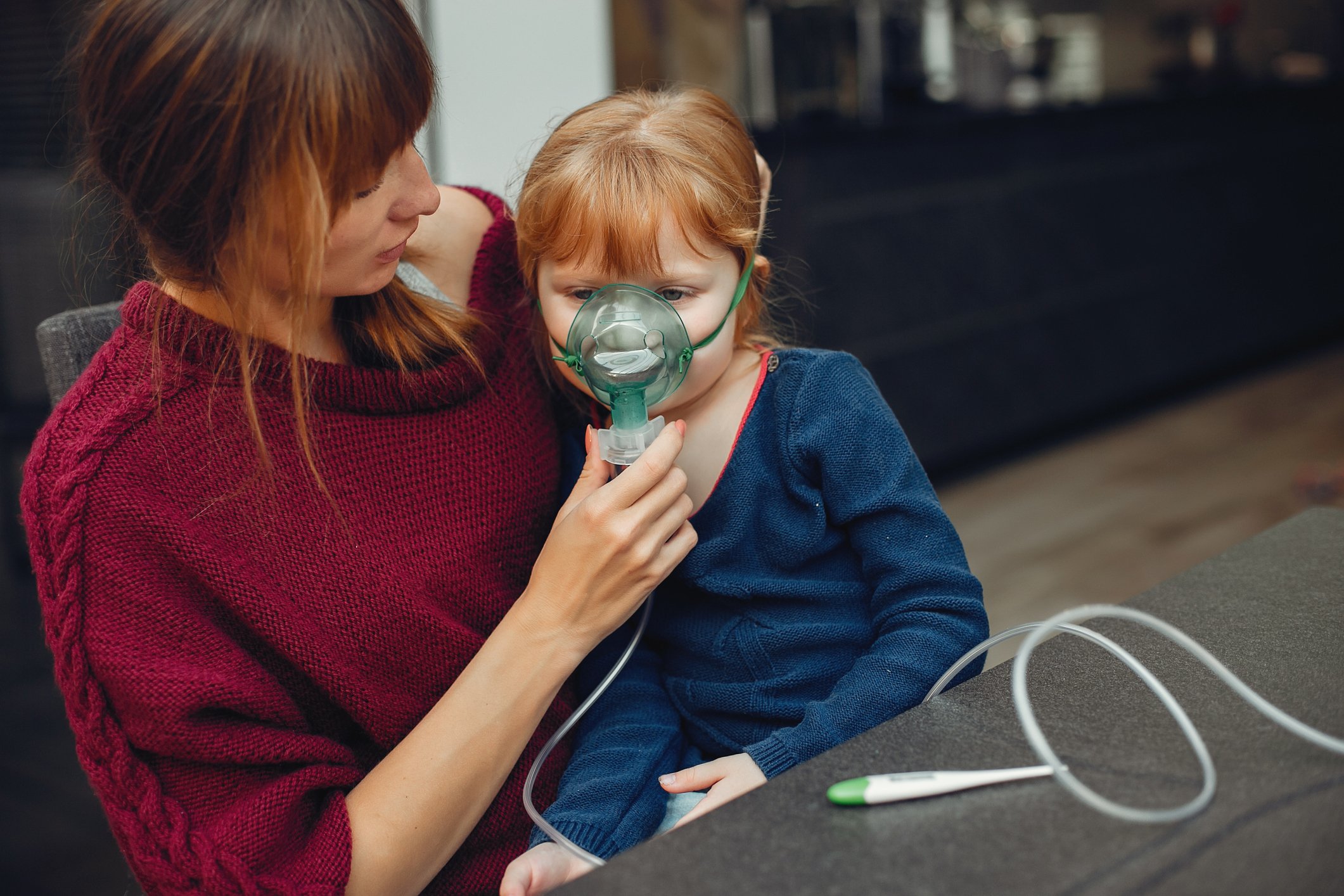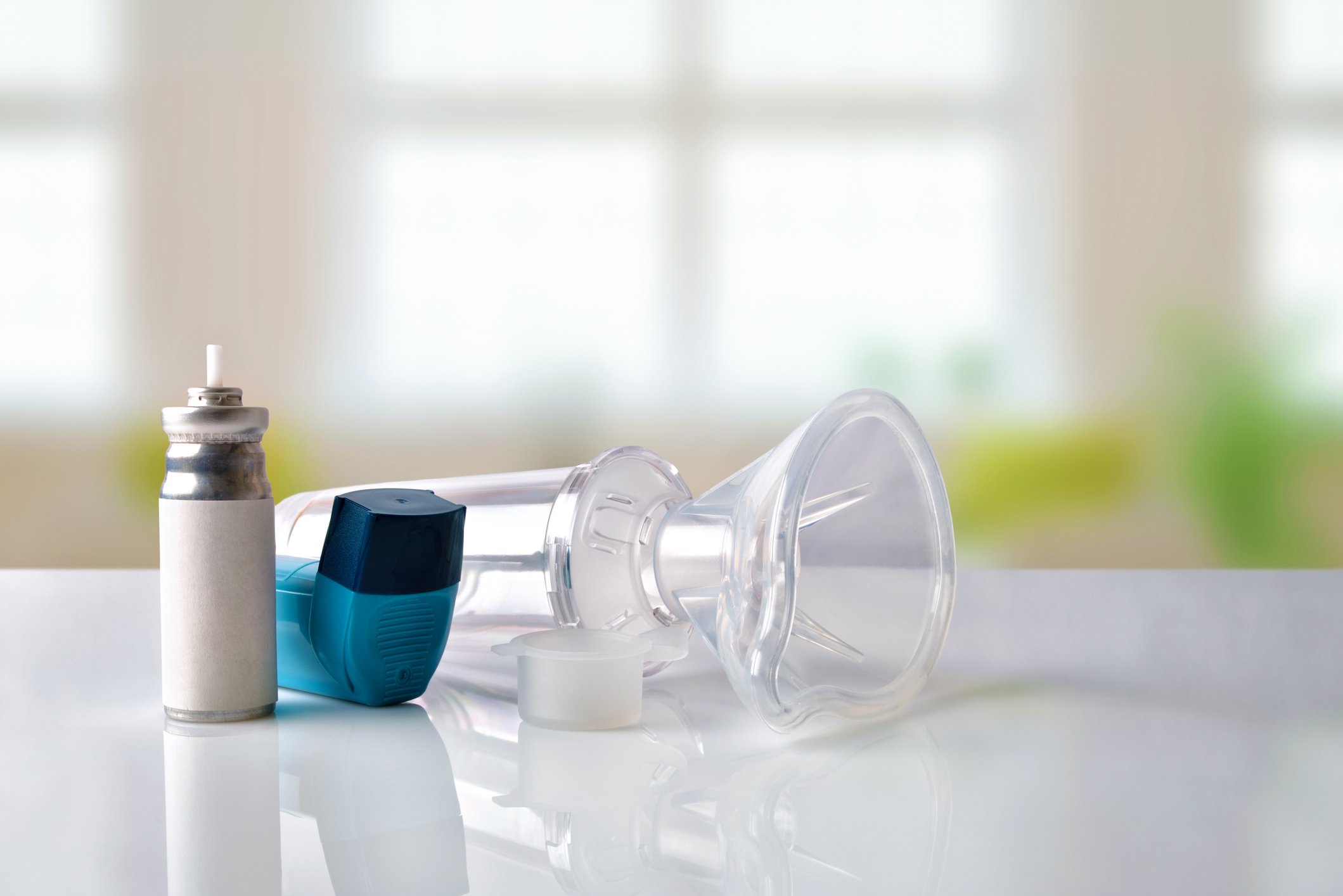Copyright 2025
Medical Security Card Company, LLC
All Rights Reserved
We take the privacy of your personal information seriously. By signing up I agree to WellRx's terms of use and privacy policy.
by Roxanna Orsini, PharmD Candidate Class of 2019,
University of Arizona
September 06, 2018
Every year there are millions of falls occurring in the older population, aged 65 and older.2 About 1 out of 4 older people fall each year, with less than half reporting it to their doctor.2 Your chances of a recurrent fall doubles after your first fall. The emergency department (ED) treats about 3 million older individuals for fall injuries each year.2 The most common injuries seen in the ED after a fall includes fractures, superficial injuries, and head injuries.(2,3) Patients have reported a reduction in their quality of life up to 9 months after being admitted in the ED for a fall.3
After a fall you may develop a fear of falling. This can cause negative health effects including:3
Here are a few questions to help you determine if you are at risk of a fall:5
Answering yes to any of these questions should warrant a conversation with your doctor about getting screened for your risk of falling.
There are certain chronic medical conditions that can contribute to your chances of a fall such as arthritis, dementia, stroke, cataracts, Parkinson’s disease, and urinary incontinence.1 Some of the medications used for these health conditions can increase your risk of a fall. However, falls can be caused by almost any medication that effects your brain or blood circulation.
A few medications that can increase your risk of a fall include:3
Most of these medications can decrease your alertness, cause fatigue, dizziness, and drop your blood pressure when you stand up (also referred to as postural hypotension).1
Postural hypotension occurs in about 30% of older adults and may experience one of these symptoms within 1 minute to several minutes of standing up:4
If you are taking any of these medications, experiencing any of these symptoms or taking more than 6 medications, talk to your doctor about your risk for a fall.4 Your doctor may need to reduce or change your medication to help reduce your symptoms and fall risk, never make any changes to your medication without consulting your doctor first.
Balance, medications, and home safety should be addressed in everyone at high risk.4 To help maintain the highest level of mobility and reduce your chances of falling or risk of injury, follow up with your doctor. Your doctor can provide tips and recommend exercises designed to prevent falls and help avoid unnecessary trips to the Emergency Department.
References:

For your convenience, use the ScriptSave® WellRx mobile app. Now savings are well in hand, right at the pharmacy counter. Save on your family's prescription medicines.
Learn More
Your choice. Get a ScriptSave WellRx Savings Card. Or Download the free mobile app from the App Store or Google Play Store
Get A Card
ScriptSave WellRx Grocery Guidance leverages leading-edge nutritional data science to help you know which food products on your grocery store shelf are truly good for YOU.
Healthy Foods For YouTags:

July 30, 2025

July 23, 2025

July 16, 2025
You need to log into the site to use this feature
This feature requires registration. Sign up or log in to your free WellRx account to gain access to this and other tools to help make managing your medications and wellness easier.
Benefits Include:
 Store & manage your medication list
Store & manage your medication list
 Medication pricing updates
Medication pricing updates
 Medication information
Medication information
 Pill & refill reminders
Pill & refill reminders
 Medication journal & mood log
Medication journal & mood log
This feature requires registration. Sign up or log in to your free WellRx account to gain access to this and other tools to help make managing your medications and wellness easier.
Benefits Include:
 Store & manage your medication list
Store & manage your medication list
 Medication pricing updates
Medication pricing updates
 Medication information
Medication information
 Pill & refill reminders
Pill & refill reminders
 Medication journal & mood log
Medication journal & mood log
You will be redirected to your program in 5 seconds.
Our Terms and Conditions and Privacy Policy have recently been updated.
By declining you will be logged out of your account